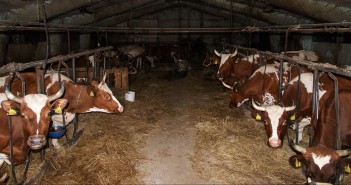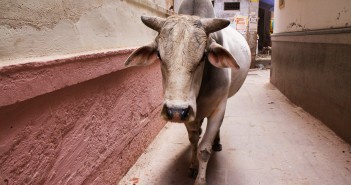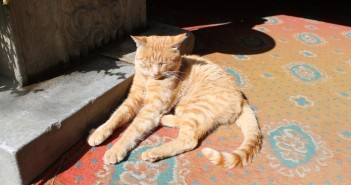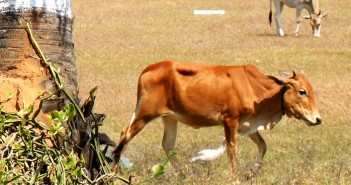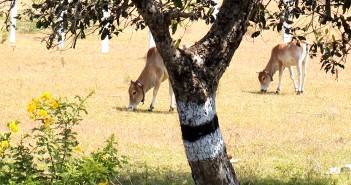Animal People, Inc. holds the perpetual non-exclusive right to distribute all content submitted to the Animal People Forum, in whole or in part, with proper attribution, in any electronic, print, or other medium currently existing or yet to be invented. All other applicable rights remain those of the content creators. Publication of content does not imply that Animal People, Inc. endorses the ideas expressed within.
Animal People does not knowingly distribute content without permission from its copyright holders, except as allowed by a public copyright license or under the principles of fair use. If you believe that your work has been submitted to the Animal People Forum without your permission, please contact info@animalpeopleforum.org
For more information, see
Copyright and Fair Use


